Calcium, vitamin D and magnesium are essential — but you should supplement under doctor’s orders
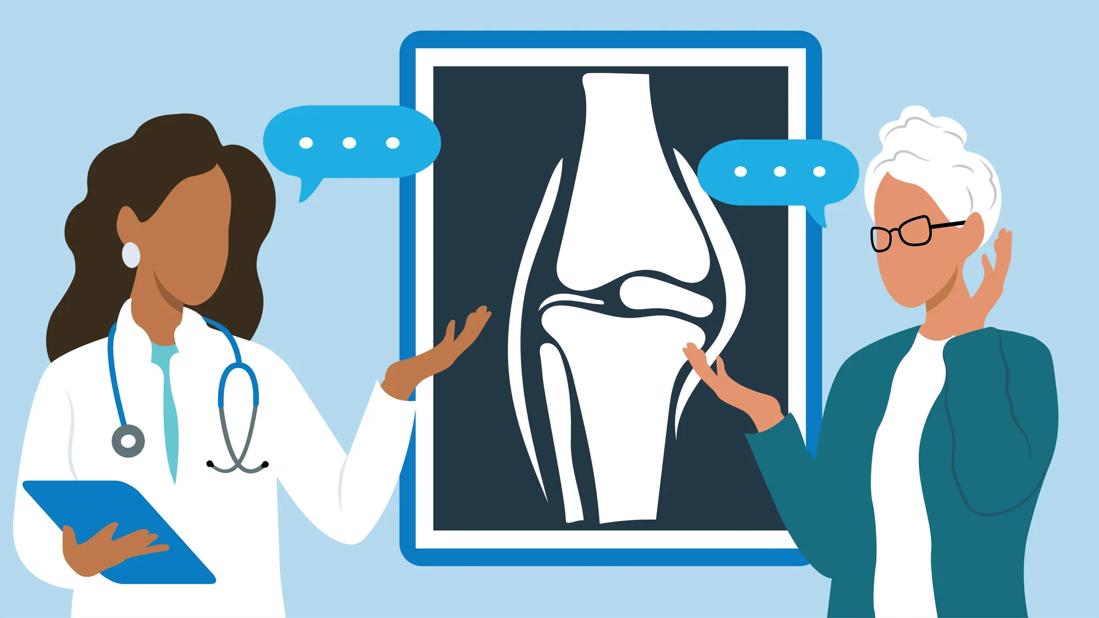
As we age, we lose bone density. So, it’s important to take care of your bone health as early as possible. It’ll make sure those bones remain strong for years to come. But at what point should you consider supplements and vitamins for an extra boost? And who benefits most from supplements?
Advertisement
Cleveland Clinic is a non-profit academic medical center. Advertising on our site helps support our mission. We do not endorse non-Cleveland Clinic products or services. Policy
Rheumatologist Linda Mileti, MD, explains the answer to these questions and why any changes to your eating habits should be brought to your doctor’s attention.
Bones hold our bodies together. They provide the framework for everything we do. But when it comes to supplements, you can sometimes have too much of a good thing.
“More is not always better,” stresses Dr. Mileti. “Studies have shown when you have too much calcium, it can get deposited into the coronary arteries, which can lead to a buildup of plaque and increase your risk of a heart attack.”
This is just one reason why Dr. Mileti strongly urges people interested in bone health supplements to talk with their healthcare providers first. Providers can tailor their recommendations to a person’s health needs.
In most cases, Dr. Mileti routinely recommends calcium and vitamin D supplementation for people with:
That said, you can usually get most of the nutrients you need just by eating nutritious foods. Dr. Mileti breaks down which nutrients are most helpful for bone health and where to find them.
Advertisement
Out of all the nutrients for bone health, Dr. Mileti says vitamin D is one of the most important. That’s because without it, our bodies can’t absorb calcium. And without calcium, we end up with permanent loss of bone density, resulting in conditions like osteoporosis and an increase in fractures and broken bones.
“You have to be careful, though, because too much vitamin D can start to raise your blood calcium levels,” warns Dr. Mileti. “I usually check vitamin D levels first, but for most people, I recommend about 1,000 IUs to 2,000 IUs. If they’re low, I may give them more.”
Dr. Mileti assures that, in most cases, you can get your daily dosage of vitamin D from sun exposure and vitamin D-fortified foods. But if you’re not getting enough from those sources, your healthcare provider may recommend a safe, daily allowance for vitamin D supplements that works best for you.
Calcium and phosphorus are essential for bone health. Together, they help mineralize (or strengthen) our bones. But you also need calcium for other functions, too, like building and supporting muscle mass, nerves and different body systems.
“If you don’t get enough calcium in your diet, your body will do what it needs to do to keep your blood calcium normal,” explains Dr. Mileti. “Your body will pull the calcium it needs from your bones, causing them to become brittle.”
For women who’ve completed menopause and have osteoporosis, Dr. Mileti tends to recommend 1,200 mg a day. For older men with osteoporosis, she recommends 1,000 mg a day. But again, these recommendations may change based on a variety of factors.
Phosphorus can also be dangerous for people with kidney issues, so it’s always important to keep your doctor informed about what you’re taking and what you’re interested in. Recommendations will vary on a case-by-case basis.
Magnesium stimulates bone-building cells. It also helps with vitamin D absorption. For this reason, healthcare providers may suggest combining vitamin D supplements with magnesium supplements, but only if you’re deficient.
“Most people aren’t going to be magnesium deficient if they’re eating a balanced diet,” Dr. Mileti states.
Calcium, vitamin D and magnesium are the only regularly recommended supplements Dr. Mileti turns to when bone health is a concern. Occasionally, others might be recommended if someone has a specific deficiency. Some examples include:
Advertisement
Some people claim copper, potassium, silicon and boron are also helpful for bone health, but there’s not enough research to suggest their benefits (if any). For this reason, Dr. Mileti suggests avoiding these supplements unless your healthcare provider says otherwise.
If you’re concerned about your bone health, really hone in on improving your nutrition. It’s better (and safer) to get your nutrients from whole foods instead of supplements. “Being sedentary has adverse effects on bones, too, so sometimes it even helps to incorporate exercises that get you on your feet,” Dr. Mileti highlights.
She also recommends testing for bone density if:
If you’re considering a supplement or looking for recommendations, your healthcare provider will guide you through that process.
“We’re here to help anyone who’s worried about their bone health,” Dr. Mileti emphasizes.
Advertisement
Learn more about our editorial process.
Advertisement

Babies are born with very little of this vitamin, which plays a critical role in the blood clotting process

Both micronutrients support body functions, but there are key differences, like what foods have them and what jobs they do
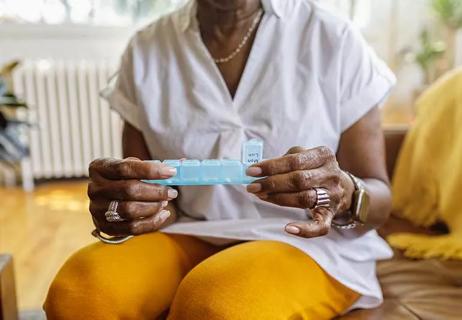
It’s always best to talk to a healthcare provider before taking any supplements to avoid toxicity
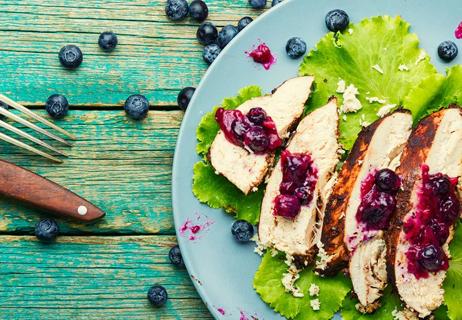
From leafy greens to heart-healthy oils, the selection is abundant
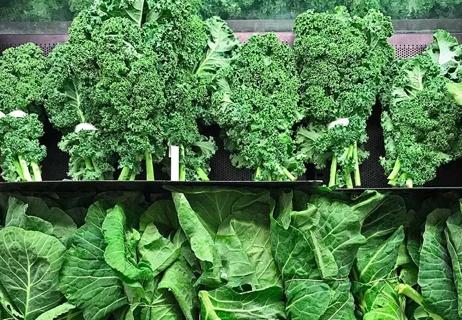
Vitamin K2 foods aren’t the usual suspects
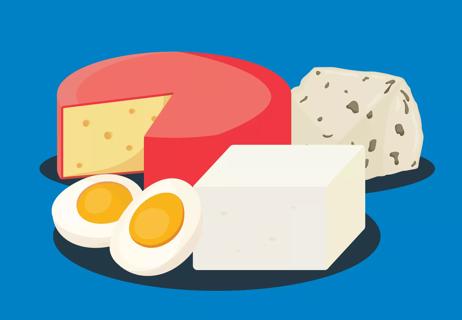
Vitamin K2 is gaining recognition for its effects on blood clotting, heart health and bone health
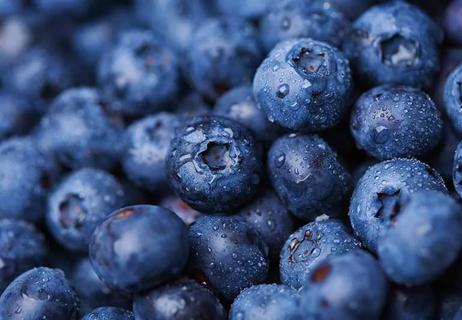
It helps your bones stay strong and your blood clot, but it may also do so much more

People with PKU need to avoid high-protein foods, like meat, dairy, legumes and whole grains

Wearing a scarf, adjusting your outdoor activities and following your asthma treatment plan can help limit breathing problems

Your diet in the weeks, days and hours ahead of your race can power you to the finish line

When someone guilt trips you, they’re using emotionally manipulative behavior to try to get you to act a certain way